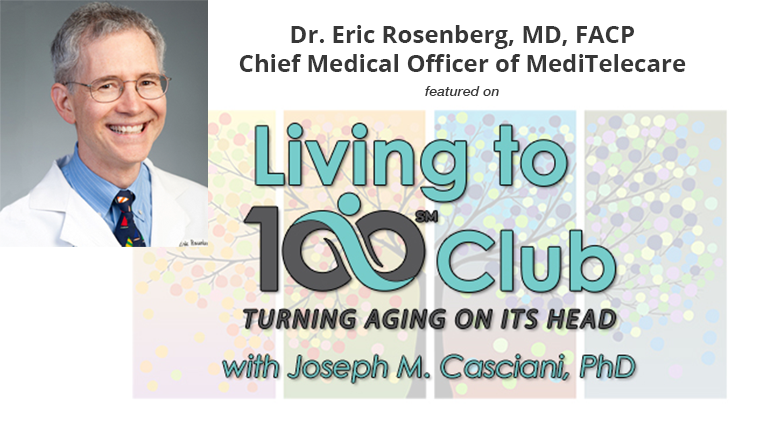Recognizing Signs of Depression During the Coronavirus Pandemic
Recognizing Signs of Depression During the Coronavirus Pandemic
By: Dr. Kathleen Tallent, PhD
MediTelecare Psychologist
During the current COVID-19 restrictions, it is more important than ever to identify the signs of social isolation and depression. These issues often go hand in hand and can affect the health, mental well-being, and quality of life of older adults and their caregivers, including nursing care staff.
With social distancing requirements, individuals are more likely to experience social disconnectedness and perceived isolation. Both of these social isolation types are associated with a variety of adverse health consequences, including depression, cardiovascular problems, faster rates of cognitive decline, impaired immune response, and greater difficulties completing activities of daily living. Isolation may also impair sleep, and evidence suggests that the same amount of sleep is less restorative when individuals are socially isolated.
Social isolation and depressive symptoms are also key risk factors for suicide, which, according to the CDC, has increased over the past decade with a significant increase among the aging community.
It is important to recognize the signs of social isolation and depression as soon as possible to help mitigate the risks and improve the individual’s quality of life:
Possible Symptoms:
- Increased irritability
- Appetite and/or weight changes
- Fatigue
- Somatic Complaints
- Hopelessness, helplessness, emptiness
- Loss of meaning
Support for Residents:
- Engage residents in meaningful activities
- Encourage connection building with others by phone, video-chat, and letter writing
- Lend an ear; active listening and support can in itself be an intervention
- Refer for behavioral health services as appropriate
Support for Staff:
- Front line nursing care staff, who are highly resilient and tend to focus on the needs of others, should recognize the signs of social isolation and depression in themselves and engage in active self-care.
- Such self-care activities may include exercise, eating nutritious meals, mindfulness, meditation, getting plenty of sleep, and avoiding alcohol.
- Nursing care staff are also encouraged to verbalize their own needs and concerns to family members and friends, and seek psychotherapy for additional guidance and support if needed.
- Staff may click the button below to request a behavioral health visit with MediTelecare’s new service, MediStaffCare.
How to Refer
- Obtain a physician/nurse practitioner order stating: “MediTelecare to Evaluate and Treat for Psychiatric and Psychological Health”
- Email the doctor order to our intake team at intake@meditelecare.com along with
- MediTelecare Referral Form
- Authorization to Screen, Evaluate and Treat
- Resident facesheet with insurance and demographic info
MediTelecare is here to help staff and residents with any behavioral healthcare needs, please reach out to us with any questions or requests below:
General or Operational Inquiries, please contact:
Bernadette Greatorex
Vice President of Strategic Partnerships & Customer Experience
Email: Bernadette.greatorex@meditelecare.com
Office: 860-365-6871
For Questions Regarding StaffCare and Clinical Inquiries, please contact:
Dr. Sherie L. Friedrich, PsyD
Chief Psychology Officer
Email: Sherie.friedrich@meditelecare.com
Office: 860-365-6861




